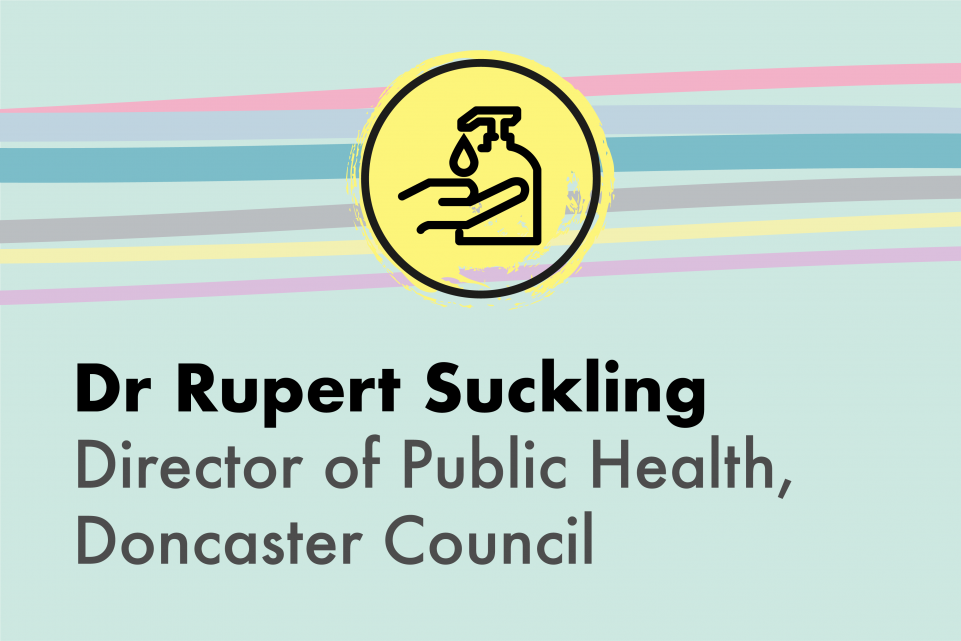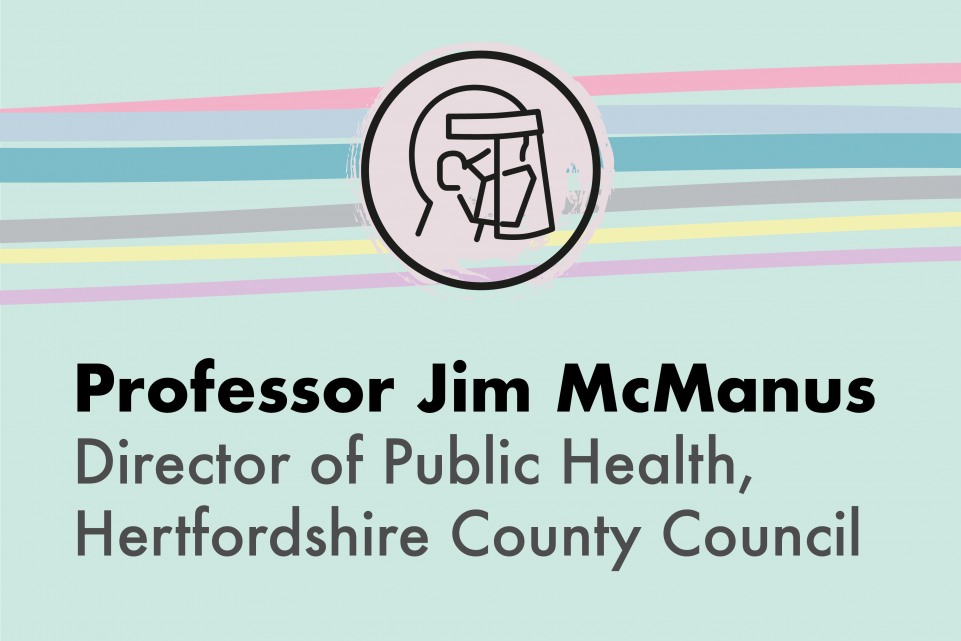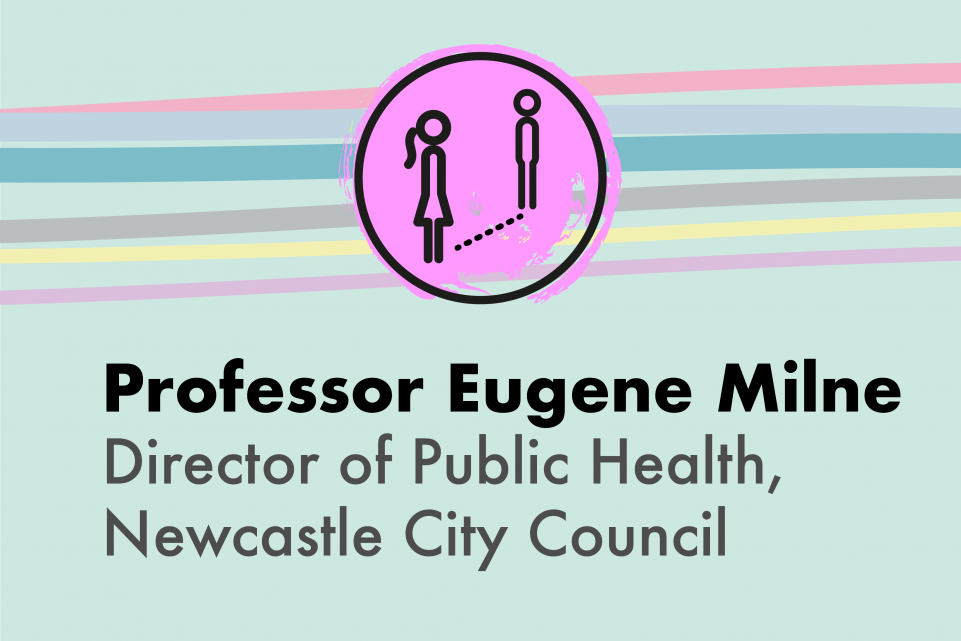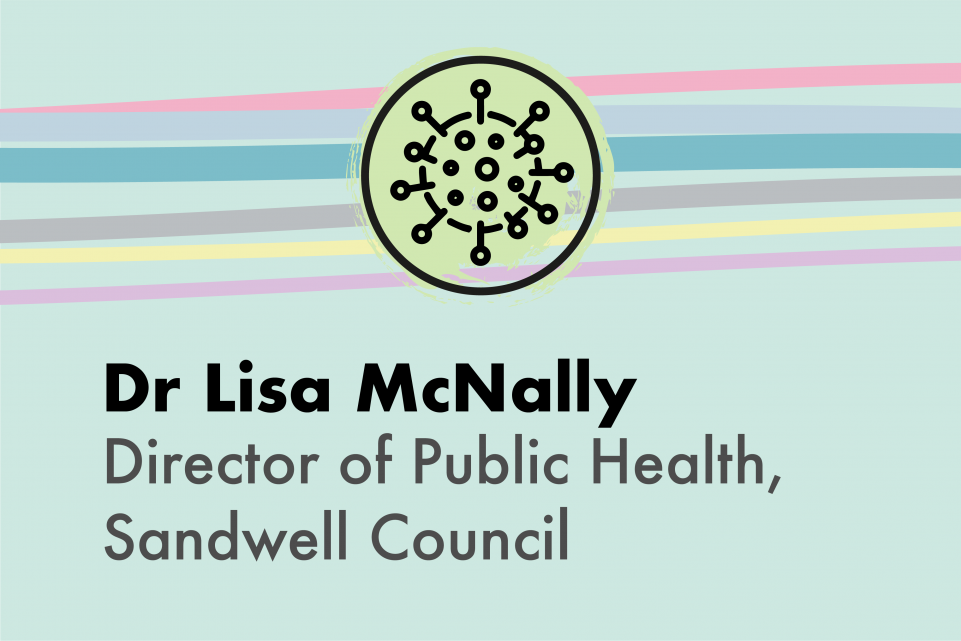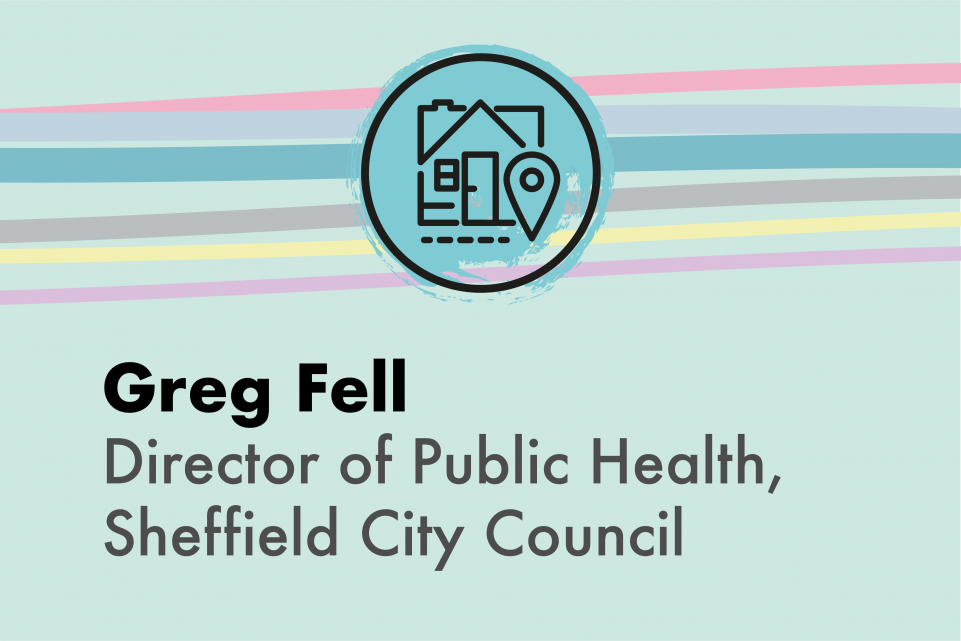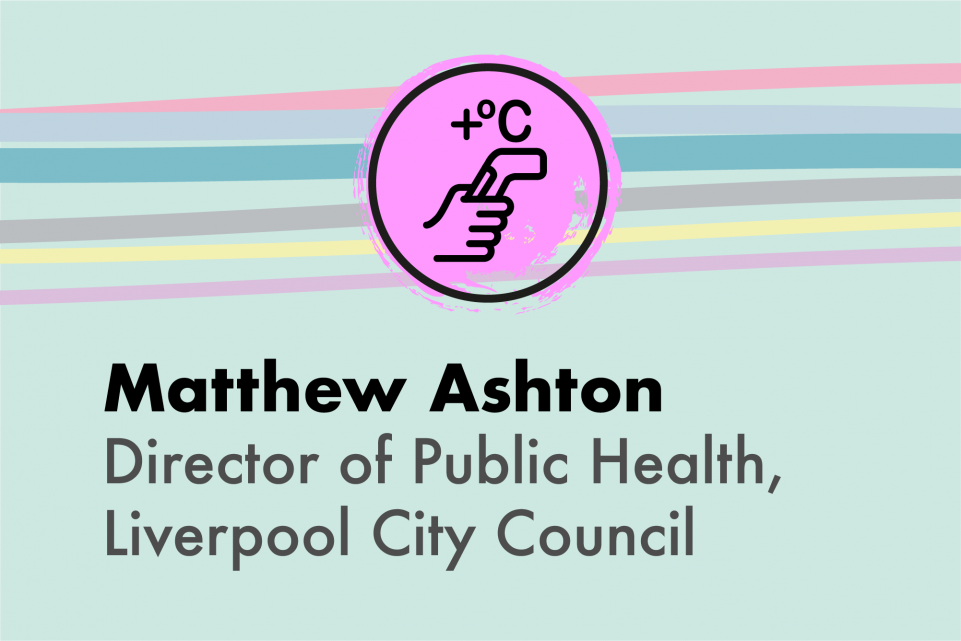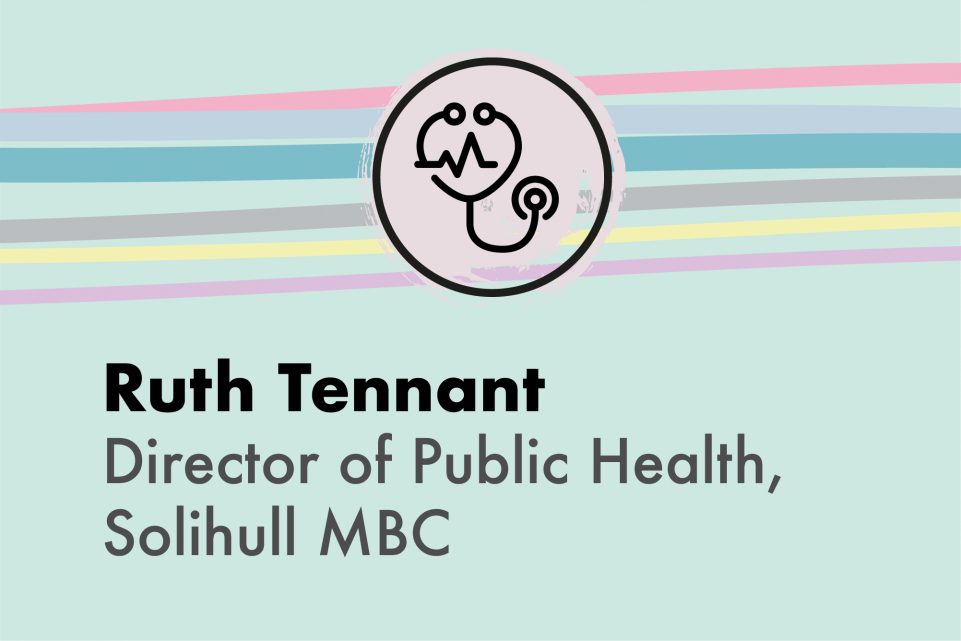Interview with Dr Jeanelle de Gruchy, Tameside Council Director of Public Health.
This is the sixth in a series of interviews with public health directors, published on 29 May 2020.
Tameside Council Director of Public Health Dr Jeanelle de Gruchy said the coronavirus pandemic has, in many ways, been a frustrating experience for her and her colleagues so far.
The top-down approach by government has meant directors have been side lined at least in terms of the national decision-making and centrally-run programmes.
Dr de Gruchy, who is also the current President of the Association of Directors of Public Health, said: “There has been an assumption that one-size fits all – and that has proved costly. In local government we’ve had to pick up the pieces and find workarounds.
“PPE is a perfect example of that. The government just didn’t think about the supply into social care. So we have been working hard to try and get that, phoning suppliers, working with our local hospital and other local authorities to share PPE.
“At one point my deputy had to jump in a taxi and go to Oldham to pick up 300 masks for our continuing care staff. It has been about managing supply on a day-to-day basis, although that has begun to ease in recent weeks.”
Testing is another good example, particularly when it comes to care homes, said Dr de Gruchy. “They tried to roll that out from the top. When it wasn’t working they brought the Care Quality Commission. Why were we not involved from the start?”
Has the corner been turned?
But, finally, she believes things are beginning to change. In early May ministers decided to put directors of public health in charge of testing for care homes and that was then followed by the appointment of Leeds City Council Chief Executive Tom Riordan to work on the contact tracing programme and ensure the central teams work closely with local councils.
“The two steps have been really pleasing. They could be a real turning point. Directors of public health should be at the heart of this. Think about what Chris Witty does – and think about that applied to a local level.
“We are trained in containing infectious disease, understanding and interpreting data, recognising risk factors, understanding the evidence base and what motivates behaviour change and helping develop policy interventions.
“In our local authority roles, the director of public health is also pragmatic and during an epidemic – particularly one on this scale – that is invaluable in helping make things actually work on the ground.”
The next big challenge
Dr de Gruchy said it is clear developing the contact tracing system is going to be a massive challenge. “The size of this is huge. We are going to need a team of teams.”
She said that means having a well-functioning team of call handlers and contact tracers who can then refer on to local government and regional Public Health England teams to help out with more complex cases.
“The key is going to be to get data flowing. Making sure positive tests are known about and that we are told about cases we need to get involved with. There will be cases where individuals test positive and they can easily self-isolate and their contacts are going to be obvious.
“But not every case is going to be like that. If it is a head teacher that could have huge implications for that school if other teachers have to self-isolate. On paper it will just look like a positive case, but it will have a huge impact locally.
“Or it could be someone who lives on their own and you have to arrange for food to be delivered or someone with no money who cannot afford not to work - you will be asking a lot of someone to self isolate for two weeks, especially if it is not the first time they may have been asked to do it. It is more complicated than you think.”
‘We’ve been innovative and agile’
Despite the more encouraging signs that local government is being brought more into the fold, Dr de Gruchy still believes much of the work going on at a local level has been under-appreciated.
“Going into the epidemic, we had increasing poverty and social distress. Public health – and local government – services had been cut. Cumulatively we were all less resilient.
“It was a real concern. But the one thing it has meant is that we were in the space where we were innovating and being more agile.”
In Greater Manchester the 10 directors of public health work closely together within the Greater Manchester structures. They have set up “cells” to share out responsibility for certain areas, working in an integrated way with the Greater Manchester Health and Social Care Partnership and Public Health England North West colleagues.
Dr de Gruchy said her team have worked closely with care homes helping them understand guidance being issued and how best to introduce infection control measures through a series of webinars.
“If we are going to be living with COVID for two years we are going to need to keep supporting them, thinking about the design of care homes and getting this support right in the long-term.
“At the moment we are looking at schools going back. These are very difficult decisions – it is about balancing risk. I am as concerned about children’s education and risk of abuse and widening inequalities as I am about risk of infection.
“There is so much going on – so many decisions to make. It is going to be vital to make the best decisions. The director of public health needs to support this through ensuring local understanding of the data and intelligence, the emerging evidence on the disease and how people respond to it and the impact on the wider determinants of health, including the economy.
“It’s not so much about finding the right option, but about finding the least worst one.”


